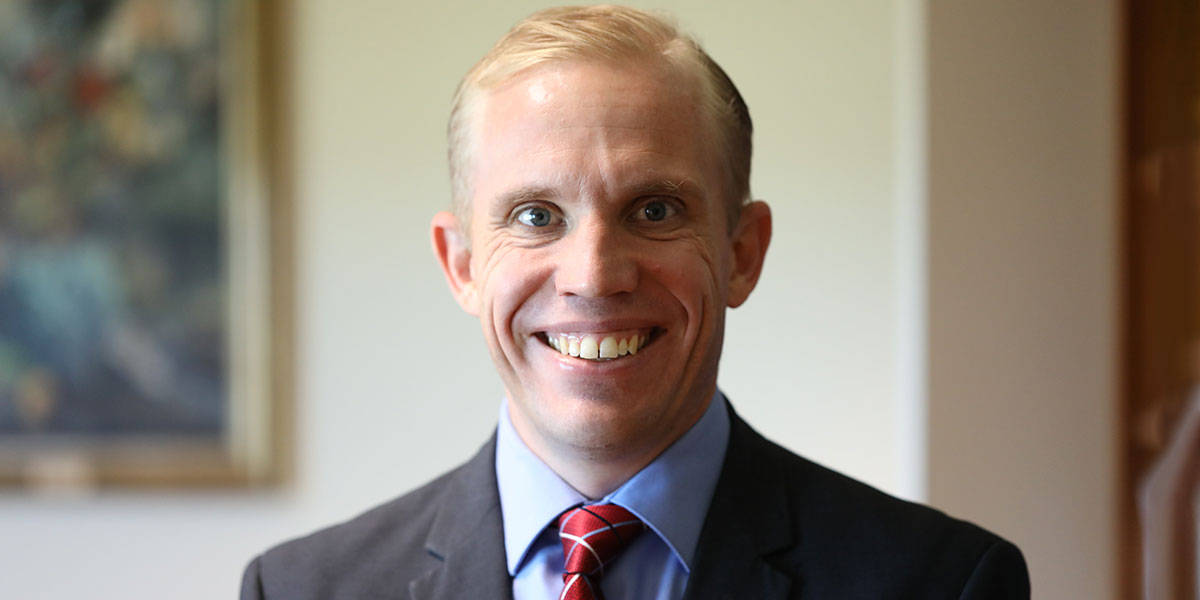
Dr. Benjamin Ryan, a clinical associate professor in Baylor’s Department of Environmental Science, has worked, taught and researched environmental health and disaster management across the Indo-Pacific, Europe, and North America. Ryan’s experience was put to use shortly after he arrived at Baylor. His expertise was tapped. Help guide the university through the COVID-19 pandemic.
Usually post-disaster response focuses on immediate relief, including stopping the spread of communicable diseases in the disaster’s aftermath. In recent years, experts have recognized that post-disaster response should also include care for those with non communicable diseases. Infrastructure lapses can make it especially difficult to help the most vulnerable.
For instance: After Cyclone Yasi hit Australia in 2011, Ryan was part of a team who began looking for solutions. — including partnering with Diabetes Australia to develop guidelines for emergency service workers, encouraging the development of an alternate, cyclone-resilient health care site in Cairns, Australia, and proposing an environmental health disaster response framework.For Ryan, its about a whole of society approach to protecting the most vulnerable communities — bringing together many disciplines (health science, crisis management, disaster risk reduction, etc.) to protect the community’s health.
When COVID-19 hit, Ryan became part of Baylor’s COVID-19 task force that has helped guide the university’s response, policies and approaches through the pandemic. The task force, which includes experts from various fields, has made recommendations to University leadership for the last two years so that the President, and others, could make informed decisions regarding the safety and health needs of the entire Baylor Community.
Ryan is currently working with the Baylor Collaborative for Hunger and Povertyto learn more about the COVID-19 Emergency Meals to You (eMTY), which was created in response to the closures of schools during COVID-19. Ryan and others conducted interviews, focus group discussions, and five in-person workshops throughout the country to develop a pandemic/disaster strategy for implementing the eMTY. The next step was to survey the public health services and characteristics of schools in order to develop a food safety and resilience plan for strengthening access at schools and other locations.
Ryan is also part a remarkable team from around the globe working on a project supported by the World Health Organization. Identify strategies to increase community resilience during the COVID-19 pandemic and afterwardsIn eight locations in four countries. The major part of the project is The Public Health System Resilience ScorecardThe, which has been implemented all over the globe (including right here at Waco), to help identify and evaluate priority actions in relation to public health emergencies or natural disaster response.
Ryan encourages his students in the classroom to actively engage with topics that integrate Christian values. He says that he enjoys mentoring undergraduate and graduate students in their preparation for future studies or employment.
Ryan is looking forward to working with colleagues, students, and the Baylor community as we (hopefully!) emerge from COVID-19. Ryan hopes to improve food access for schoolchildren, increase public system resilience, mitigate environmental public health stressors associated with rapid urbanization, and mitigate these stresses.
Sic em Dr. Ryan!

